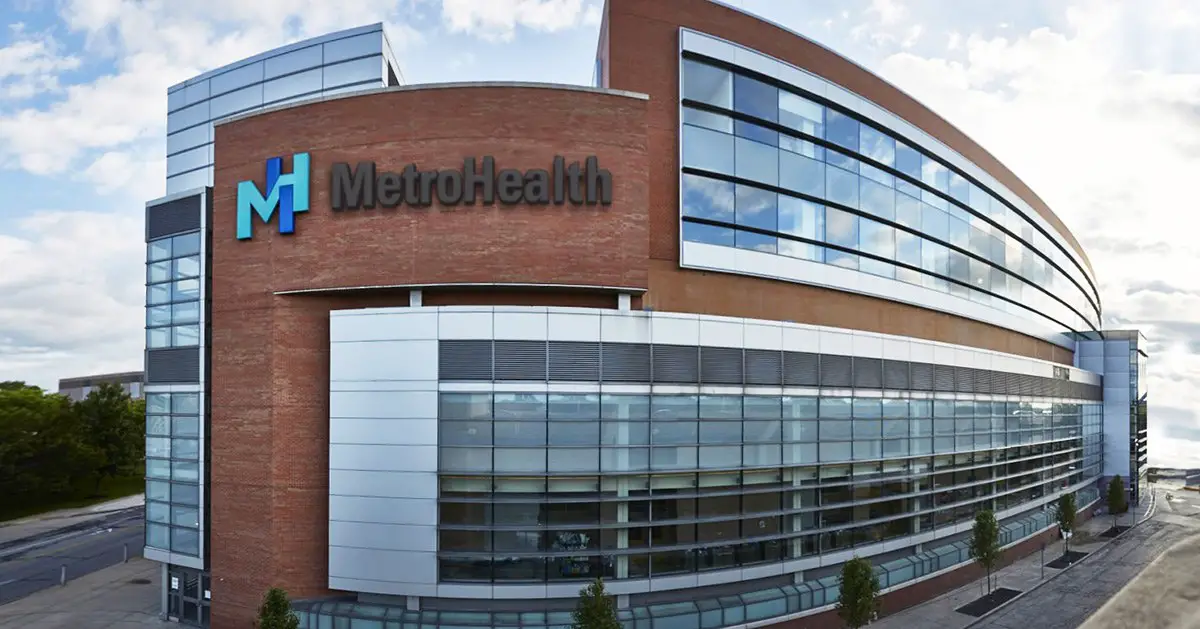
What You Should Know:
– Care Simple, Epic,
and MetroHealth System announced that they have entered into a strategic remote
patient monitoring integration partnership.
– Under the terms of
the agreement, CareSimple will empower the Cleveland, Ohio public health system
with simple, patient-friendly RPM solutions to improve health outcomes for
their high-risk senior and chronically ill populations.
The MetroHealth System, a nationally recognized public health care system located in Cleveland, Ohio, and CareSimple, a Remote Patient Monitoring (RPM) solution designed, developed, and operated by Tactio Health Group, today announced a strategic remote patient monitoring (RPM) partnership. As part of the strategic integration partnership, the CareSimple RPM solution will integrate with the hospital’s Epic EHR platform for near real-time access to patient health data in support of virtual care interventions.
Red Carpet Care Remote Patient Monitoring Program
Under the terms of the agreement, the CareSimple solution will empower the health system’s Red Carpet Care
Program, offered by the Population Health Innovation Institute, with patient-friendly RPM solutions. These tools will help
improve health outcomes for Northeast Ohio’s high-risk senior and chronically
ill populations.
The MetroHealth System Red Carpet Care
program offers an extension of their care team and primarily focuses on chronically
ill and at-risk senior patients. The initiative works in parallel with primary
care to proactively and virtually manage chronic conditions in partnership with
multiple ambulatory settings through individualized care plans. The healthcare
organization has already achieved demonstrable successes with the Red Carpet
Care program, with over 400 patients reducing emergency department visits by
17% and inpatient utilization decreasing by 13%.
Why MetroHealth Selected CareSimple’s RPM Solution
– As an end-to-end virtual care offering, CareSimple provides everything needed for a successful RPM integration including logistics, software, medical devices, and connectivity
– CareSimple’s solution is known for making RPM simple enough for any patient regardless of age, condition, and socioeconomic status
– For MetroHealth’s providers, it was important to integrate
an RPM solution that required no additional training in order to utilize the
technology while providing Epic compatibility. CareSimple was able to deliver.
– The platform empowers both payers and providers to scale
monitoring beyond traditional home health applications to highly effective
population health management programs
– CareSimple offers a seamless workflow integration through its web-based platform that delivers near real-time clinical alerts when patient data is out of normal ranges and ultimately allows for timely care interventions.
– Through integration with Healthy Planet,
the population health management module in MetroHealth’s Epic electronic health record service, vitals are received
in near real-time from the patients’ cellular-enabled devices in the comfort
and privacy of their own homes. This gives healthcare providers a holistic view
of their patients’ health to help prevent costly readmissions and improves
patient care.
“The MetroHealth System is pleased to launch CareSimple’s remote patient monitoring services to benefit not only our patients but also our clinical teams,” said Michael Dalton, Vice President, Virtual Care Enterprise, The MetroHealth System. “For our healthcare providers, it was important to integrate an RPM solution that required no additional training in order to utilize the technology, as well as being easy to use for our patients while providing Epic compatibility. CareSimple was able to deliver on all of these important aspects, offering a seamless workflow integration through its web-based platform that delivers near real-time clinical alerts when patient data is out of normal ranges, and ultimately allows for timely care interventions.”